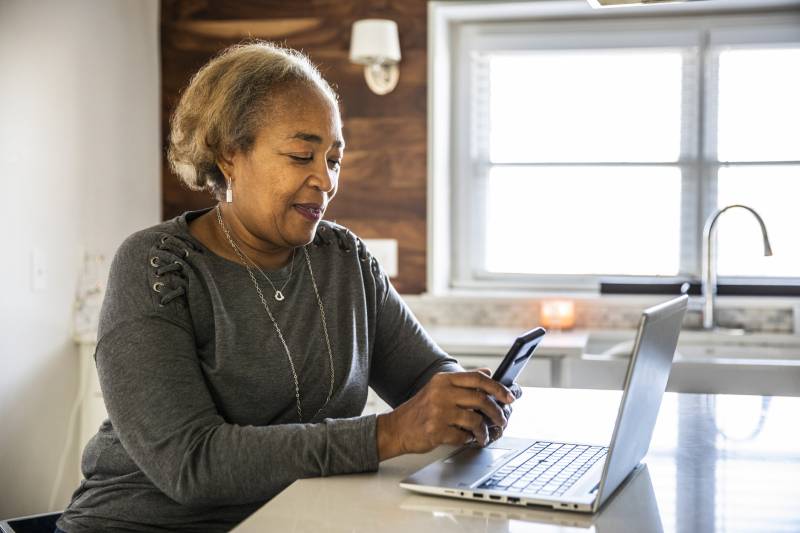California’s Broadband for All initiative aims to connect more people to the internet across the state, but advocates said the program isn’t targeting lower-income communities like East Oakland that need high-speed connections the most.
“Their approach of ‘building everywhere as fast as we can’ privileges communities that have existing infrastructure, and [has] relegated communities that have been neglected for decades to the back of the line,” said Patrick Messac, director of the nonprofit Oakland Undivided.

